
The Case For Abandoning Taiwan Is Still Weak
As intended, Chinese military pressure on Taiwan is causing America to debate whether it should send US forces to intervene if China opts to attack the island.
There have always been analysts arguing that the US should distance itself from Taiwan for the sake of Washington's relationship with China. That argument is easier to make now that China is relatively stronger and increasingly insistent, seemingly raising the costs to the US of continuing to support the Taipei government.
One of the latest examples comes from Lyle Goldstein, Director of the Asia Program at Defense Priorities, whose article “The US Must Beware of Taiwan's Reckless Leader” appeared in Time magazine on October 23.
Goldstein reprises two classic arguments. The first is the danger of being dragged into war by an injudicious Taiwan government. Goldstein argues that this danger has become extraordinarily acute because current Taiwan President Lai Ching-te is“reckless,” in contrast to his“cautious” predecessor Tsai Ing-wen.
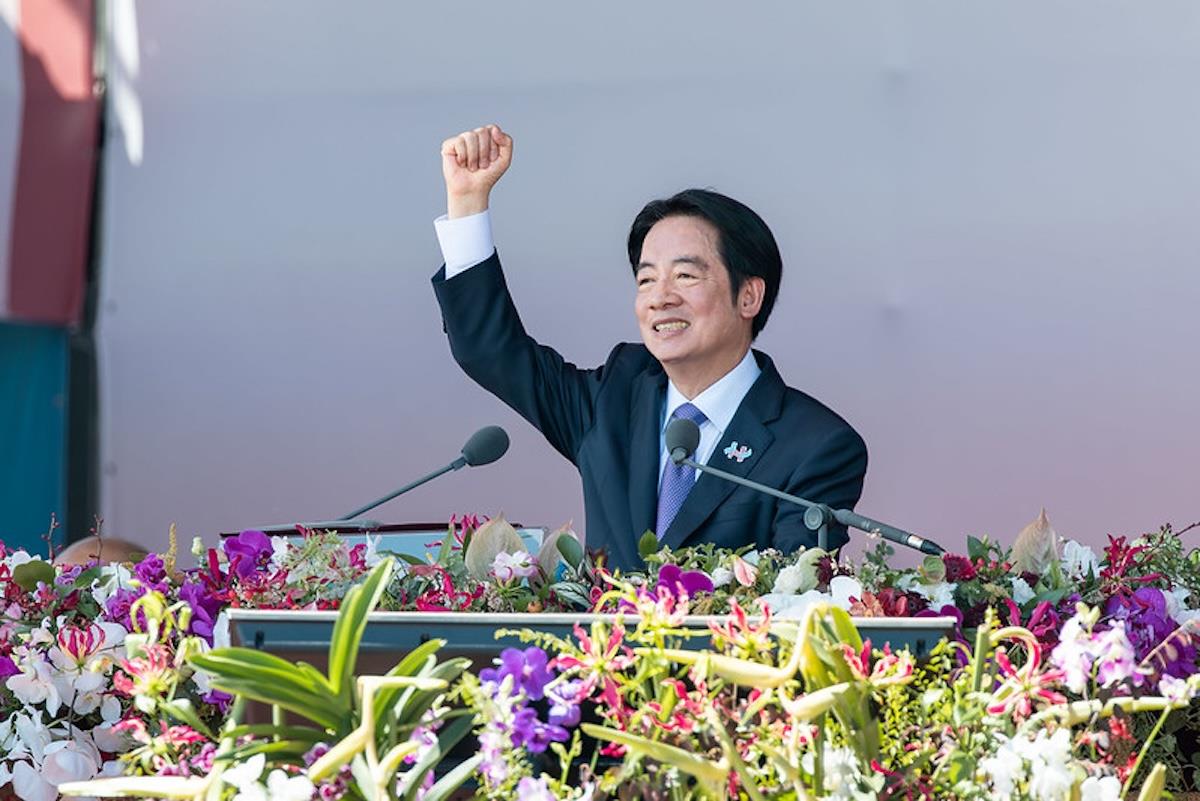
Taiwan President Lai Ching-te at the 2025 national day celebration. Photo: Office of the President
In reality, the differences between Taiwan's current and former president are not so stark. Lai has basically followed Tsai's policy toward China. As Goldstein acknowledges, the evidence for Lai's purported drive toward independence is limited to“speeches making the case for Taiwanese nationhood.”
Lai relatively frequently uses words and phrases that distinguish Taiwan from China, implying that Taiwan is a separate country from China. But Lai is not really breaking new ground.
In 1999, Lai's Democratic Progressive Party (DPP) accepted a resolution that said,“Taiwan is a sovereign and independent country.” Since then, all DPP politicians – including Tsai – have repeated this position on multiple occasions. Lai's wordsmithing is fairly minor by comparison.
Chinese officials and state media were highly exercised over Lai's“17 strategies” speech, which labeled China a“hostile foreign force” and specified measures to combat Chinese espionage and political interference on the island. Yet there is no question the Chinese government is displaying hostility toward Taiwan, recruiting informants and attempting to sow division and defeatism.
China is reacting especially stridently to Lai, but there are two problems with accepting the PRC as the arbiter of the issue of whether Lai is“reckless.” First, the CCP is biased. Even before Lai took office, Beijing condemned him as a politician who would push to achieve de jure independence while he was president.

Legal Disclaimer:
MENAFN provides the
information “as is” without warranty of any kind. We do not accept
any responsibility or liability for the accuracy, content, images,
videos, licenses, completeness, legality, or reliability of the information
contained in this article. If you have any complaints or copyright
issues related to this article, kindly contact the provider above.

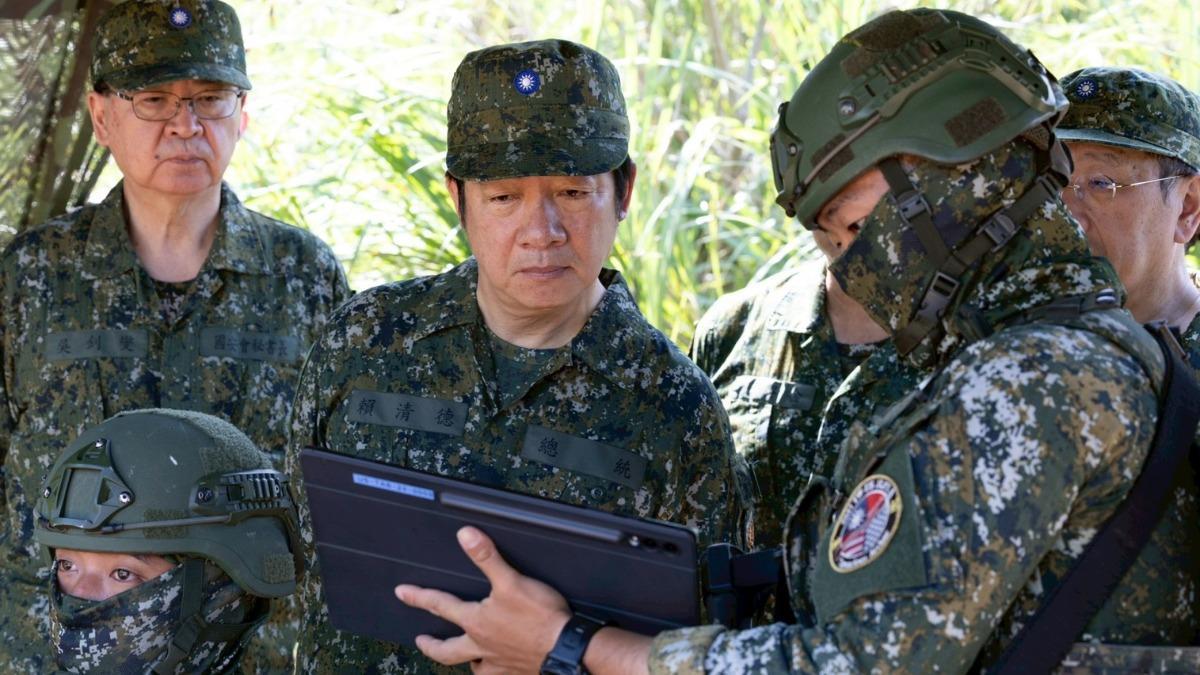
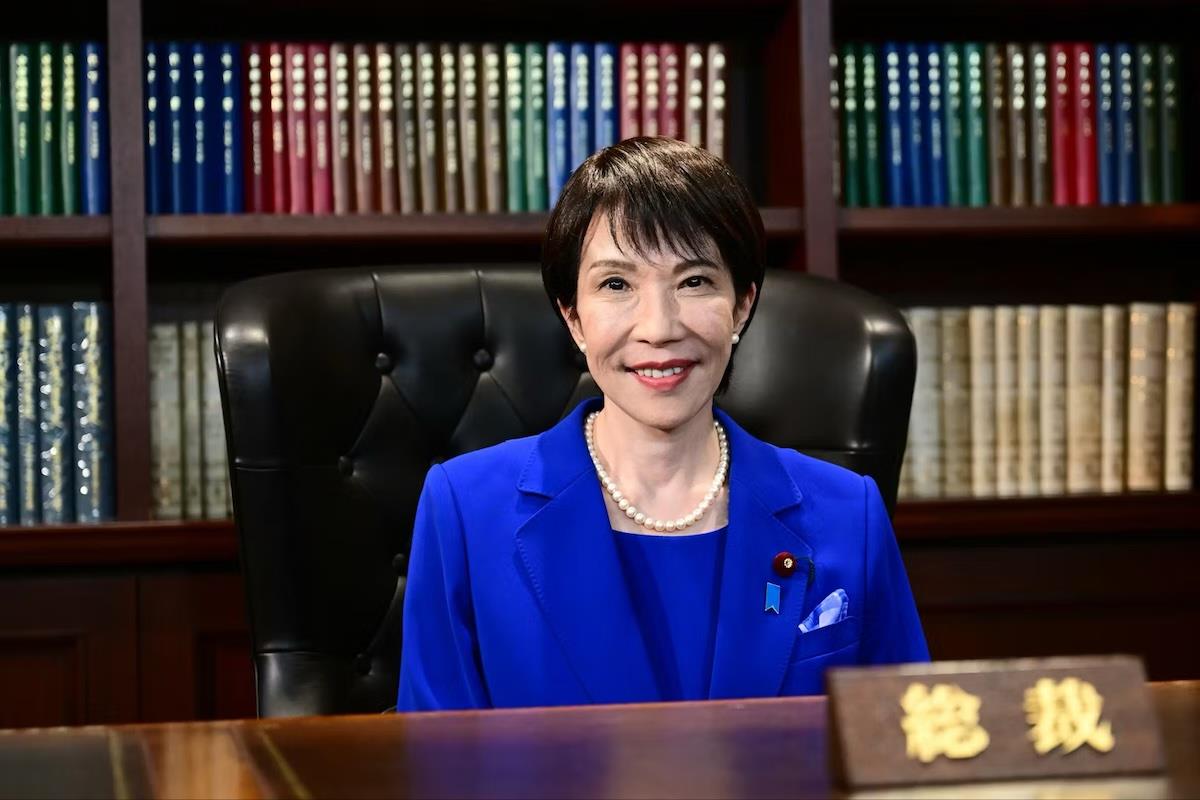
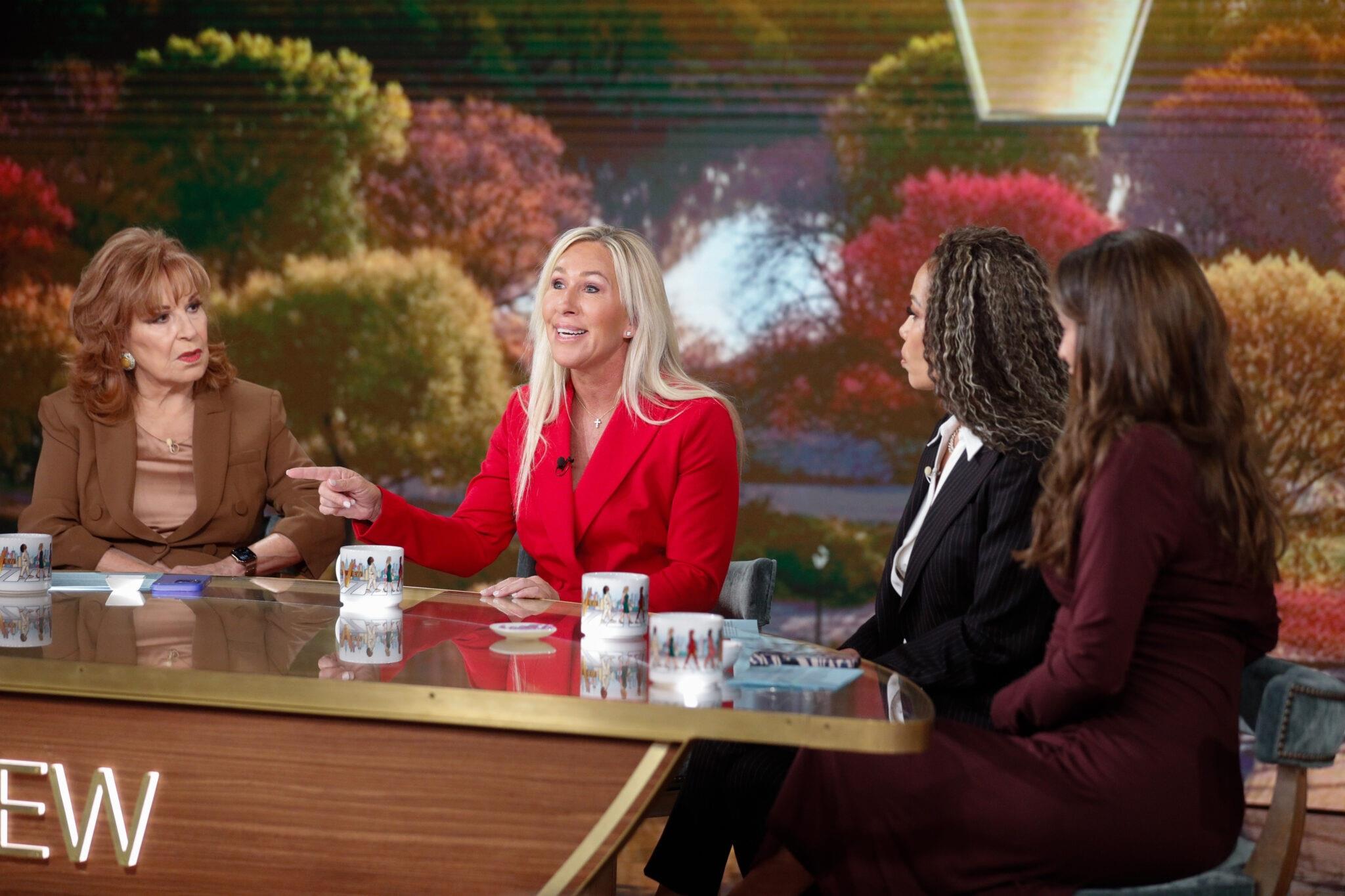
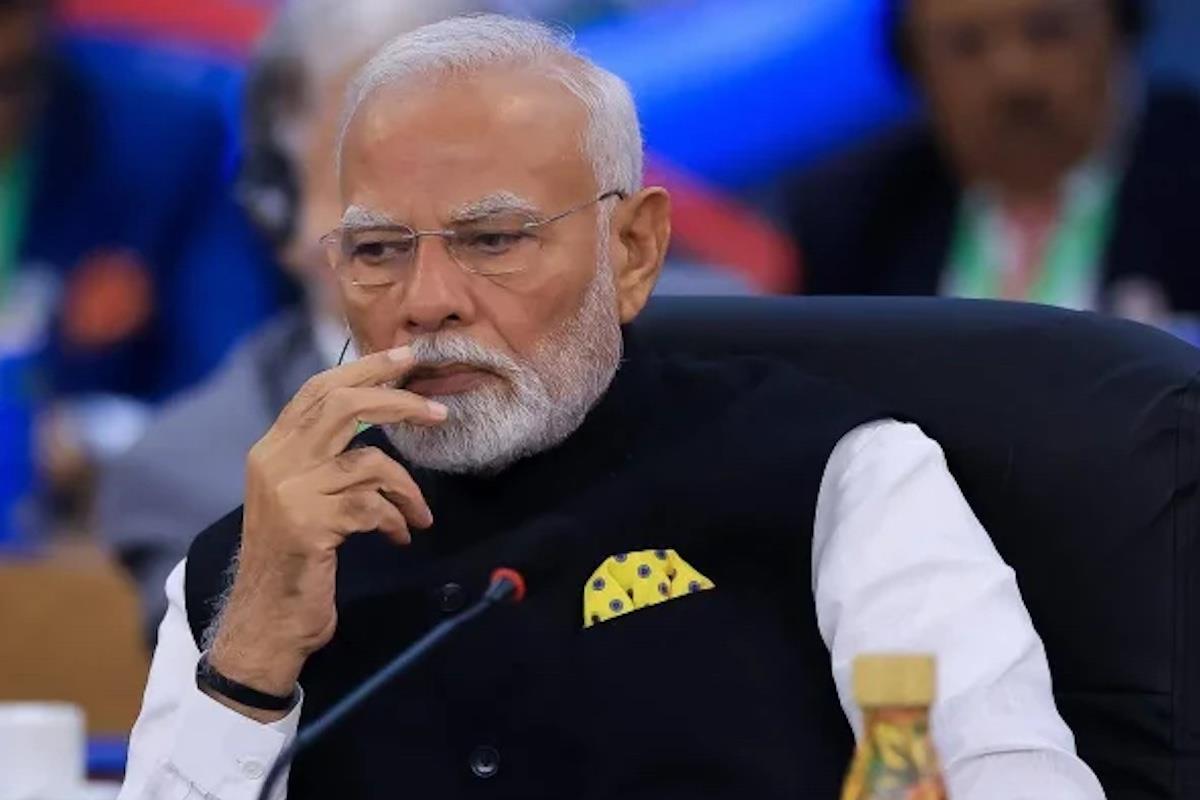

















Comments
No comment